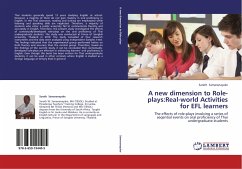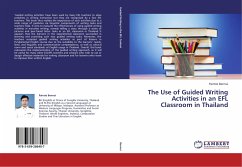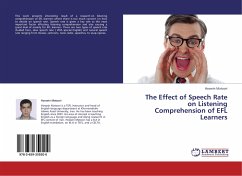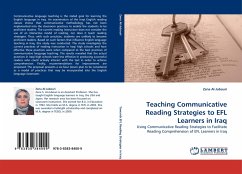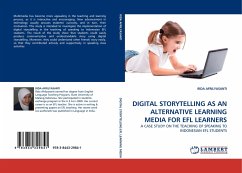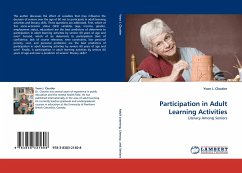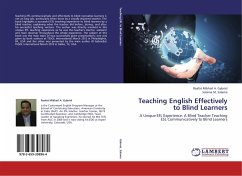Thai students generally spend 13 years studying English at school. However, a majority of them do not gain mastery in oral proficiency in English. In the Thai classroom, reading and writing are emphasized while listening and speaking skills are neglected. Therefore, a majority of students who enter a public university fail to communicate fluently and accurately in English. Therefore, the present study investigated the effects of contextually-developed role-plays on the oral proficiency of Thai undergraduate students. The study was conducted at Prince of Songkla University, Thailand in 2010. The study consisted of four research instruments and the data were analyzed using Independent Samples t-test. The findings indicated that the experimental group performed better on both fluency and accuracy than the control group. Therefore, based on the findings of the current study, it can be concluded that contextually-developed role-plays are effective in enhancing learners oral proficiency in English. Even though this book has been written for Thai undergraduate students, it can be used in other contexts where English is studied as a foreign language at tertiary level in general.
Bitte wählen Sie Ihr Anliegen aus.
Rechnungen
Retourenschein anfordern
Bestellstatus
Storno

